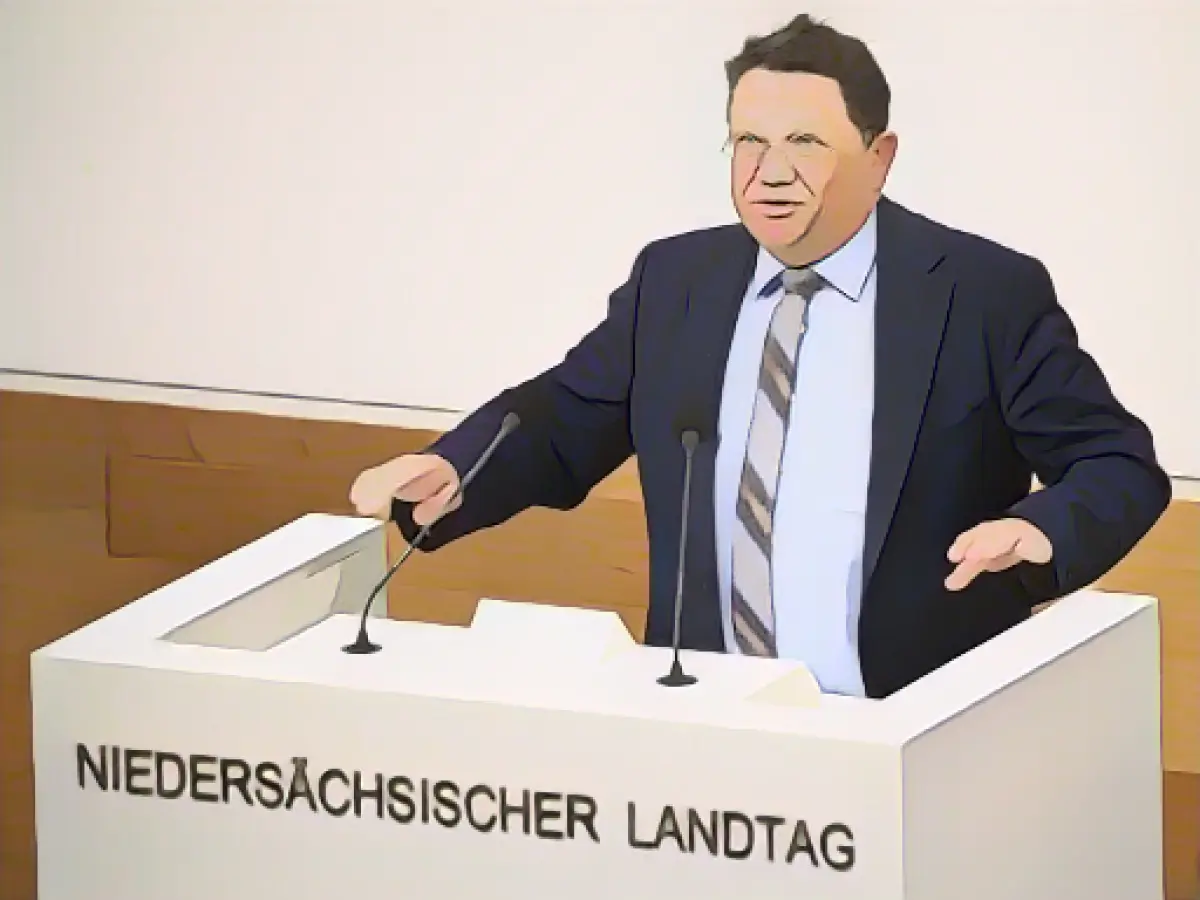Let's Reduce HIV Stigma and Fear: Minister's Message
Minister Andreas Philippi of Lower Saxony has urged for a decrease in prejudices and fears towards individuals living with HIV. With advancements in treatment, HIV-positive individuals who adhere to therapy now have a life expectancy comparable to those without the virus. Philippi, an SPD politician, noted that despite these advancements, HIV-positive people continue to face stigmatization and exclusion.
The minister commended the efforts of AIDS service organizations, public health services, and comprehensive medical care that have contributed to a decline in overall new HIV infections. However, last year saw 294 new HIV diagnoses in Lower Saxony, a significant increase from the 171 instances reported in the previous year.
Education as a Key Strategy
Education plays a crucial role in reducing prejudices against HIV-positive individuals, as it promotes understanding and empathy. Here are some strategies that can be effective:
- Education Campaigns: Targeted campaigns can enhance HIV education, particularly for individuals with limited health literacy. They can address misconceptions and build trust in health and medical systems.
- Cultural Competence: Training healthcare providers to address stigma and mistrust, especially within high-stigma communities, can improve the quality and equity of HIV care.
- Community Engagement: Involving community members in outreach programs can foster trust and enhance treatment adherence. Peer support programs, where HIV-positive individuals support their community, can help to reduce stigma.
- Media Representation: Promoting positive media depictions of HIV-positive individuals can help normalize the condition, reducing stigma.
- Healthcare Provider Training: Training healthcare providers to communicate effectively about HIV can reduce stigma. This includes addressing concerns about transmission, treatment options, and adherence to antiretroviral therapy (ART).
While data on the impact of these initiatives in Lower Saxony is not available, similar public education strategies have proven effective in reducing new HIV diagnoses in other regions. For instance, the U=U campaign in the United States has been linked to improved adherence to ART and reduced community transmission rates.
In conclusion, public education initiatives focused on awareness, cultural competence, community engagement, positive media representation, and healthcare provider training can help reduce stigma and prejudice towards individuals living with HIV. Although specific data for Lower Saxony is not provided, these strategies have proven effective in other regions. As we continue to combat the HIV epidemic, it's equally important to address the societal issues surrounding the disease.







